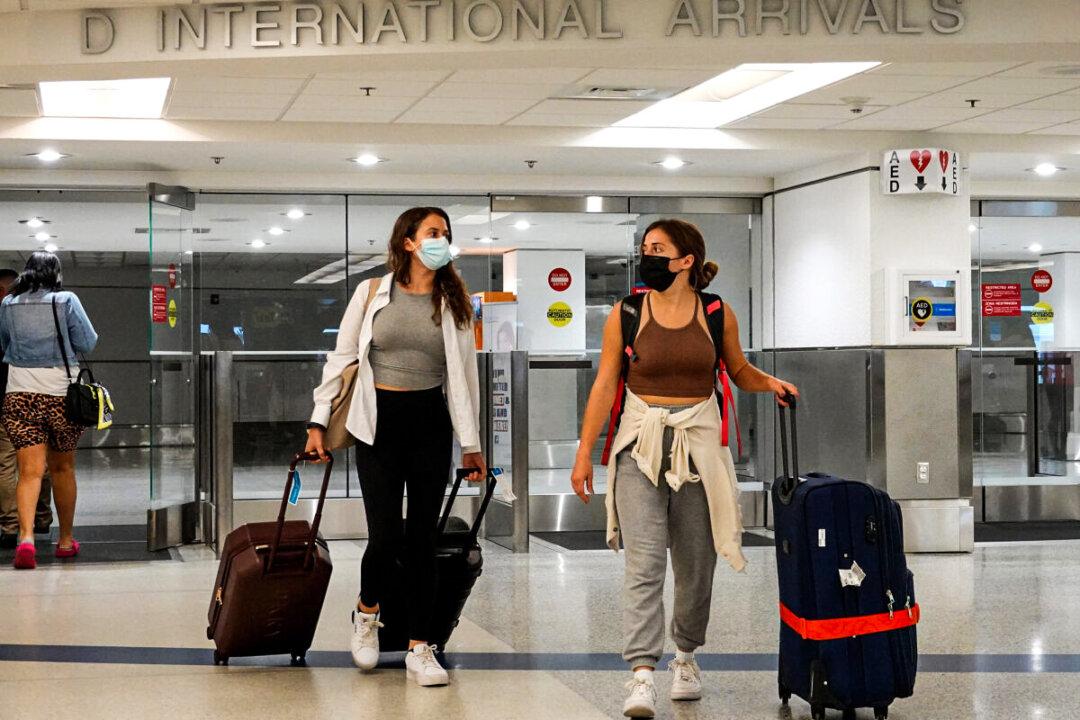The Centers for Disease Control and Prevention (CDC) clarified on Oct. 30 that foreign nationals under the age of 18 can enter the United States without self-isolating for seven days after arrival, effective Nov. 8.
CDC Director Rochelle Walensky has amended an Oct. 25 order (pdf), citing the “difficulty” posed to families traveling from countries where vaccines may not be approved for children between 12 and 16 years of age. The order doesn’t apply to immigrant minors, who are required to be vaccinated before receiving a visa.




